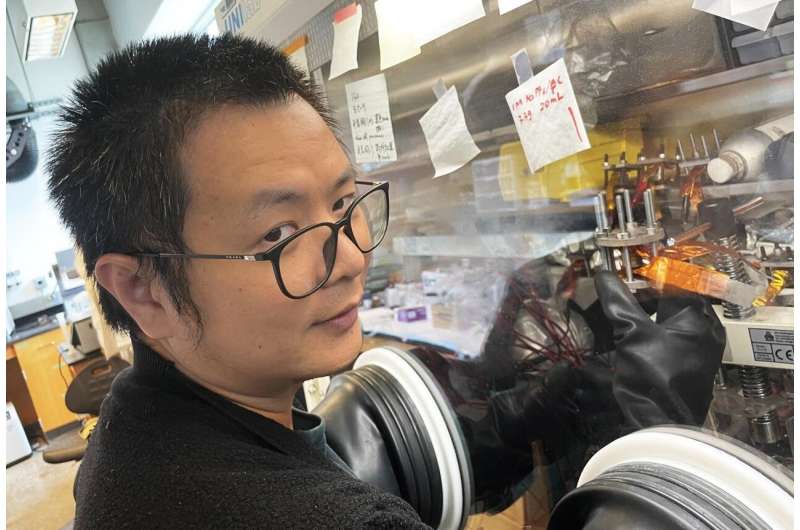Made from iron chloride, this development aims to cut costs and boost efficiency in electric vehicles and large-scale energy storage, potentially making EVs cheaper and enhancing grid resilience.

Cathode materials play a crucial role in determining a battery’s capacity, efficiency, and overall lifespan. A team of researchers, led by Hailong Chen from Georgia Tech, has developed a novel, low-cost cathode material that could significantly enhance lithium-ion batteries (LIBs), potentially reshaping the electric vehicle (EV) and large-scale energy storage industries. The new cathode, made from iron chloride (FeCl3), offers a cheaper alternative to conventional cathode materials while maintaining similar performance, costing just 1-2% of typical materials used today.
The team believes their FeCl3 cathode could be a major breakthrough, especially for the EV market, where the cost of batteries constitutes around 50% of a vehicle’s total price. This development could make EVs more affordable compared to traditional combustion-engine cars. Lithium-ion batteries, first commercialized by Sony in the 1990s, revolutionized personal electronics and later the EV market by offering high-density, rechargeable energy. However, the high cost of key materials, like cobalt and nickel, has been a persistent challenge. The new cathode, composed of abundant elements like iron and chlorine, could dramatically lower manufacturing costs while improving sustainability.
The team highlights the potential of this cathode material in all-solid-state LIBs. These batteries, still under development, replace liquid electrolytes with solid ones, making them safer, more reliable, and capable of holding more energy. The FeCl3 cathode pairs effectively with solid electrolytes, enabling better energy storage and higher operational voltages than current alternatives. The breakthrough could be commercially viable within five years, according to Chen. The team will continue to refine the technology while exploring opportunities for scaling up production. This innovation promises not only cheaper EVs but also new avenues for large-scale energy storage, which could bolster the stability of electrical grids worldwide.






